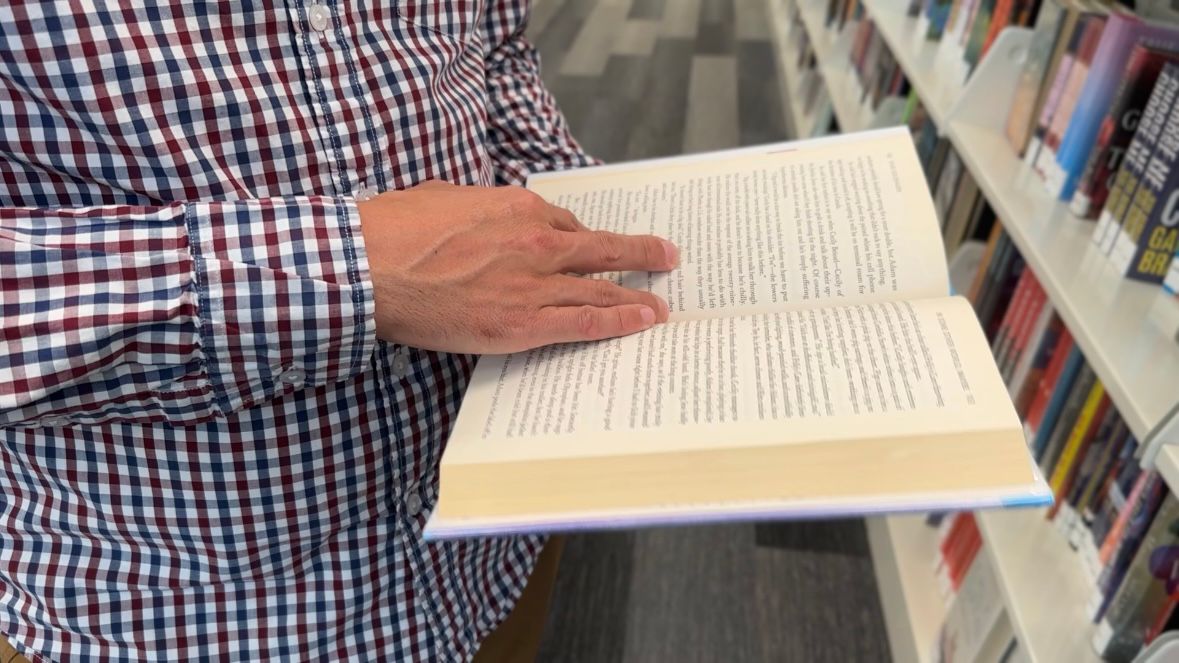WAKE COUNTY, N.C. — The Wake County Board of Education has given a preliminary approval to an updated policy on how to select reading material for classrooms.
- Reading materials must be age appropriate and cannot be "pervasively vulgar"
- Before reading aloud, teachers would need to discuss the selection with other staff
- The board of education still needs to give final approval to the new policy
Because students are considered a "captive audience," Wake County is looking to implement new procedures on what material can be read aloud in classrooms.

Anything that will be read aloud cannot be "pervasively vulgar" and the selection must be made by teachers "in collaboration with other school staff," according to the school board. The board has not laid out specific instructions on what community approval would look like or how to determine the appropriateness of a book.
Douglas Price, the director of programs for WakeEd Partnership, shared his thoughts on the impact this could have in our schools.
“While on the outside, that sounds all well and good. I think part of what comes out of that for our organization is how do we define that?” Price said. “Having been in the classroom for 13 years prior to coming into this position, I mean, that was already a practice that I would say that 99% of the teachers already do on a regular basis to begin with.”
The new policy wouldn’t change any of the former requirements, like determining the age-appropriate nature of a book and asking teachers to read an entire text before sharing an excerpt.

“So I think that part of the problem is that we are choosing not to trust the teacher to be curators of the content that they should have in their class that is relevant,” Price said.
Reading aloud has several known benefits, like fostering critical thinking and developing a student’s attention span, but the board says subjecting an entire class to a selection made by an educator requires extra caution since students are not voluntarily selecting the book themselves.
“So we are now looking at reading materials and kind of just re-inviting those questions of what is censorship?” Price said. “Does the board have a right to sit down and say, well, you, your family might be OK with this, but we're not OK with you checking this out.”
Price says that teachers are role models and the last thing he’d want to see happen is students noticing a teacher hesitating to read because they don’t know if a book is approved.
“Doing read alouds in the classroom setting, doing it one on one, doing it in small groups, doing it in large groups, is one of the key metrics that we use in order to showcase what does good reading and quality reading look like,” Price said.
The policy still needs final approval from the board of education before it would go into effect.









